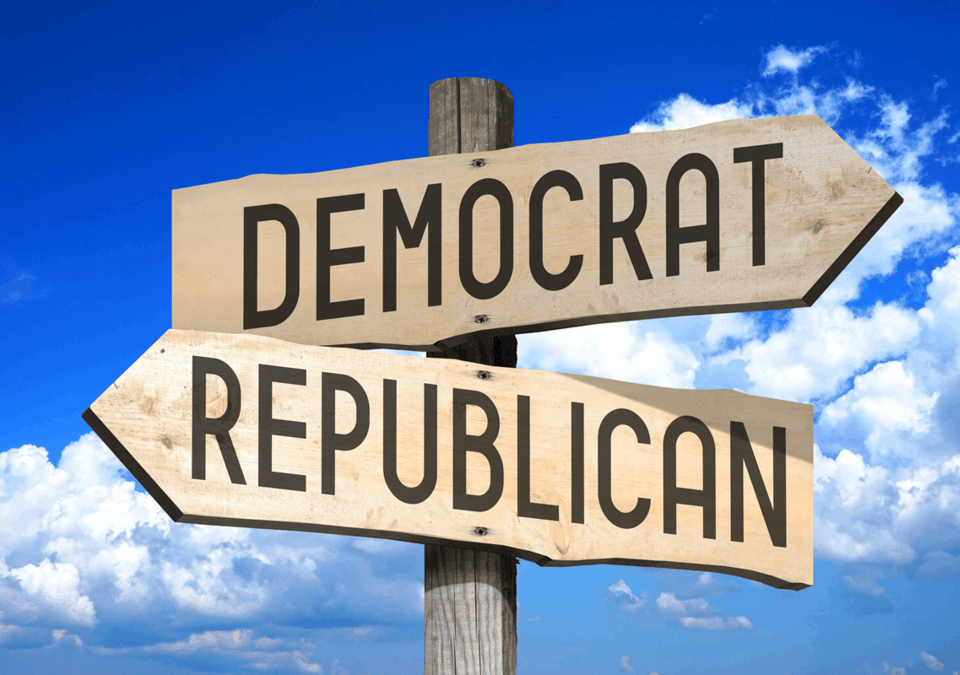
Google Just Made AI SMARTER Than Ever Before: CROME AI
July 6, 2025
Marshawn Lynch needs his own food show 😆
July 7, 2025Downside of the Big Beautiful Law
The so-called “Big Beautiful Law,” once hailed as a landmark piece of legislation by its supporters, is increasingly viewed by critics as a deeply flawed policy achievement with long-term negative consequences for the country. Though marketed as a bold, sweeping reform package designed to restore America’s strength and competitiveness, the bill has come under scrutiny for its massive spending, bureaucratic expansion, and unintended side effects that could haunt future generations.
At the heart of the criticism is the sheer size of the bill’s spending. In the wake of the COVID-19 pandemic, the U.S. government ballooned its annual budget from $5 trillion to over $7 trillion, ostensibly to address an emergency. But instead of returning spending to normal levels once the crisis subsided, the Big Beautiful Law cemented that elevated spending as the new baseline. It represents the normalization of crisis-level fiscal policy in peacetime.
Another major downside is the expansion of federal agencies and programs that the bill facilitated. Rather than dismantle the bloated administrative state, the bill gave it new life, adding layers of regulation, expanding federal jurisdiction, and creating new bureaucratic entities. This development runs counter to the populist and constitutional conservative goals of shrinking government and returning power to the states and the people.
Many Americans who supported the original Tea Party movement, such as I, or voted for America First candidates, did so with the expectation of fiscal conservatism and limited government. The Big Beautiful Law represented a betrayal of those promises. It undermined decades of conservative arguments about debt, deficits, and the dangers of centralized power. Despite the grand branding and political theater surrounding the law, it ultimately failed to deliver the structural reforms it promised. The Big Beautiful Law may have been big, but it lacked the ideological clarity and surgical precision required to reverse decades of bureaucratic drift.
The Big Beautiful Law stands as a cautionary tale about what happens when political expediency trumps principle. Though wrapped in populist rhetoric, the bill ultimately advanced many of the same big-government ideals that its supporters once opposed. Its massive spending, expansion of federal power, and erosion of fiscal discipline pose long-term threats to the country’s economic and constitutional health. The future will likely judge this legislation not by its branding, but by its impact, and that impact may be far uglier than the name suggests.

C. Rich is the voice behind America Speaks Ink, home to the America First Movement. As an author, freelance ghostwriter, poet, and blogger, C. Rich brings a “baked-in” perspective shaped by growing up on the streets and beaches of South Florida in the 1970s-1980s and brings a quintessential Generation-X point of view.
Rich’s writing journey began in 2008 with coverage of the Casey Anthony trial and has since evolved into a wide-ranging exploration of politics, culture, and the issues that define our times. Follow C. Rich’s writing odyssey here at America Speaks Ink and on Amazon with a multi-book series on Donald Trump called “Trump Era: The MAGA Files” and many other books and subjects C. Rich is known to cover. CRich@AmericaSpeaksInk.com
“America Speaks Ink is a Google News approved source for Opinion”





